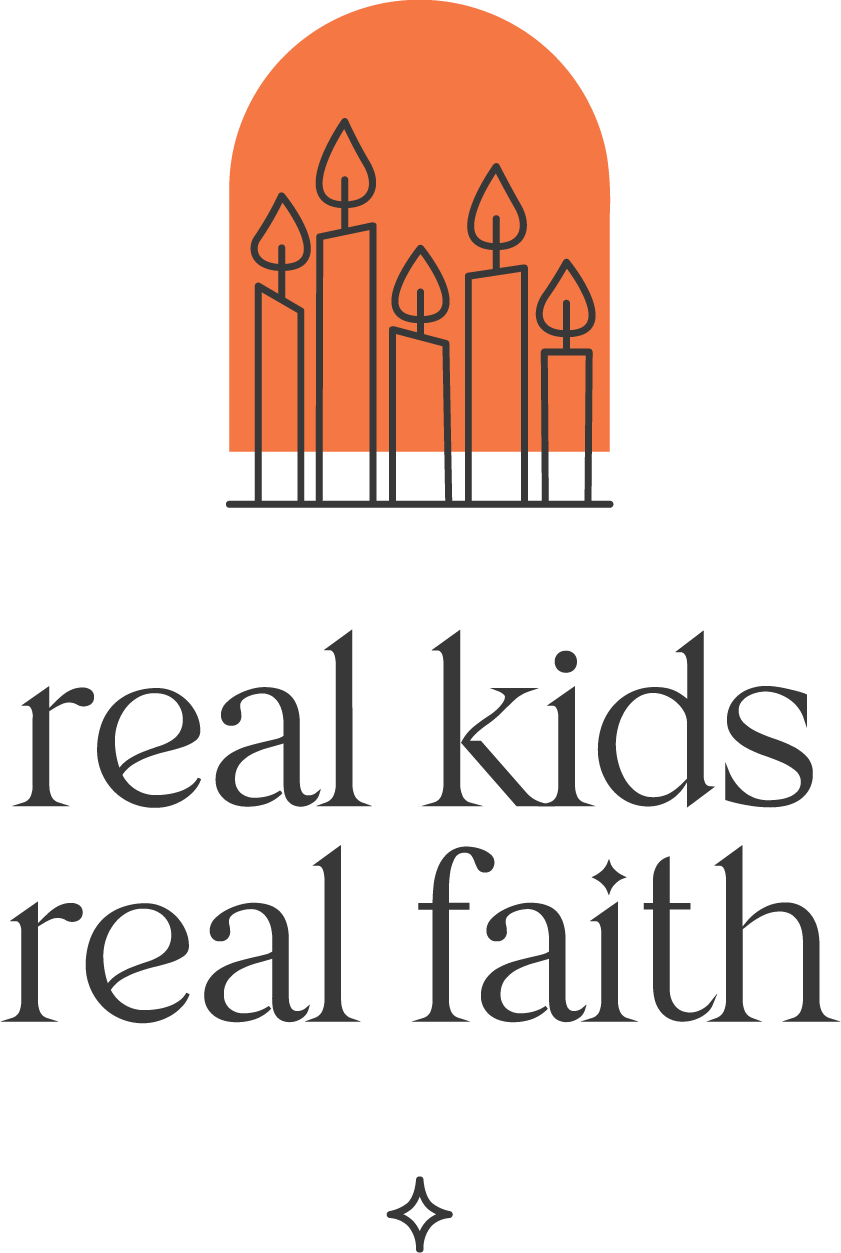For many children, the COVID-19 pandemic has been a time of trauma, grief, and loss. Even if children have come through the last 18 months without knowing someone who became seriously ill or died, they have suffered social isolation, family emotional and financial stress, and fear that they or a loved one might become sick. Some children will have access to professional counseling services to help them process their experiences. Others will depend on family support organizations to meet that need.
Whether your mission is to provide trauma, grief, and loss (TGL) resources or you typically focus on other childhood spiritual needs, it’s important to think about how your organization will help children process pandemic TGL. Social workers Heather Boynton and Christie Mellan offer a framework for creating a safe space for spiritual counseling, keeping in mind that children with life-threatening or persistent mental health needs should be referred to appropriately-trained professionals.
Children see spirituality as part of both positive and negative aspects of life. We may be tempted to push children to look only for moments of joy, happiness, peace, or comfort amidst difficult times. But adults need to be open to the ways that children talk about their anger, mistrust, and despair as spiritual experiences. Adversity can teach children about their inner strength and fortitude, just as it has taught adults to persevere.
Adults need to try to see the situation through the eyes of the child. Children vary in their cognitive and moral development and interpret trauma, grief, and loss in light of what they already know or have heard. Younger children, who often see the world egocentrically in terms of what they have done or is being done to them, may think they are to blame for bad things happening in their family. Older children may understand that people who follow public health guidelines can still get sick and yet be angry with a loved one who died. We need to affirm children’s worldviews while also guiding them away from unhealthy thoughts and practices.
Keep in mind that listening to children’s existential concerns is a dialogical process. As children tell their stories and describe their spiritual struggles, asking open-ended questions (“How did you feel when your friend died?” “What did your family do when mom lost her job?”) and sharing non-judgmental ideas (“When I feel overwhelmed, I listen to calming music. Would you like to try that?”) keeps the conversation flowing.
Play and the arts can be powerful means of processing trauma, grief, and loss. When children lack words to talk about what troubles them, give them toys or art materials through which to communicate their existential concerns. Ask them to show you what happened to upset them with play figures or draw a picture of what scares them
Introduce spiritual rituals and practices that can help children cope. Oftentimes, funerals and memorial services are adult-centric and – during the pandemic – may not have been possible. Work with children to co-create a child-friendly ritual that celebrates the lives of loved ones who died. Teach mindfulness practices (yoga, breathwork, candle meditations) that children can use when they feel overwhelmed. Or try a guided meditation designed to encourage relaxation and imagining new possibilities.

Comments